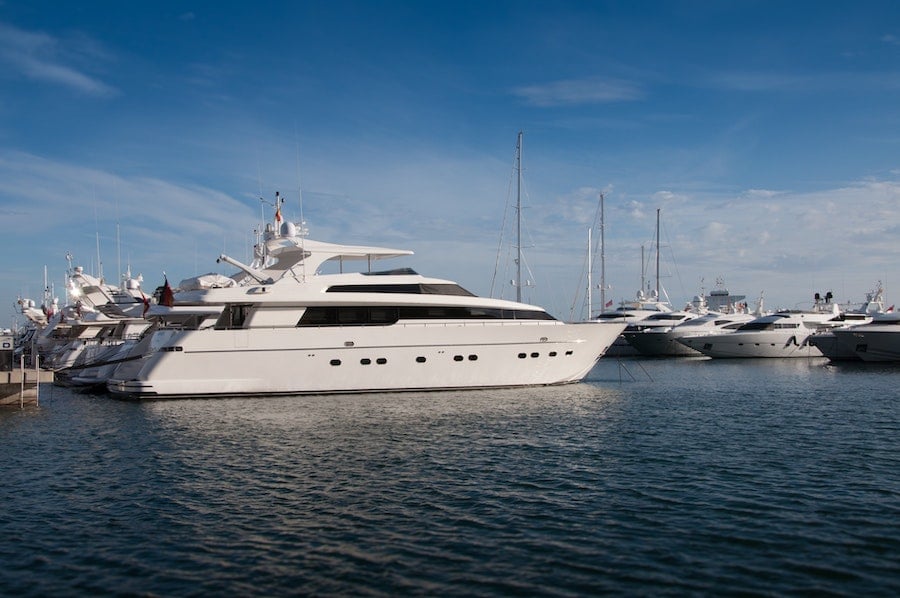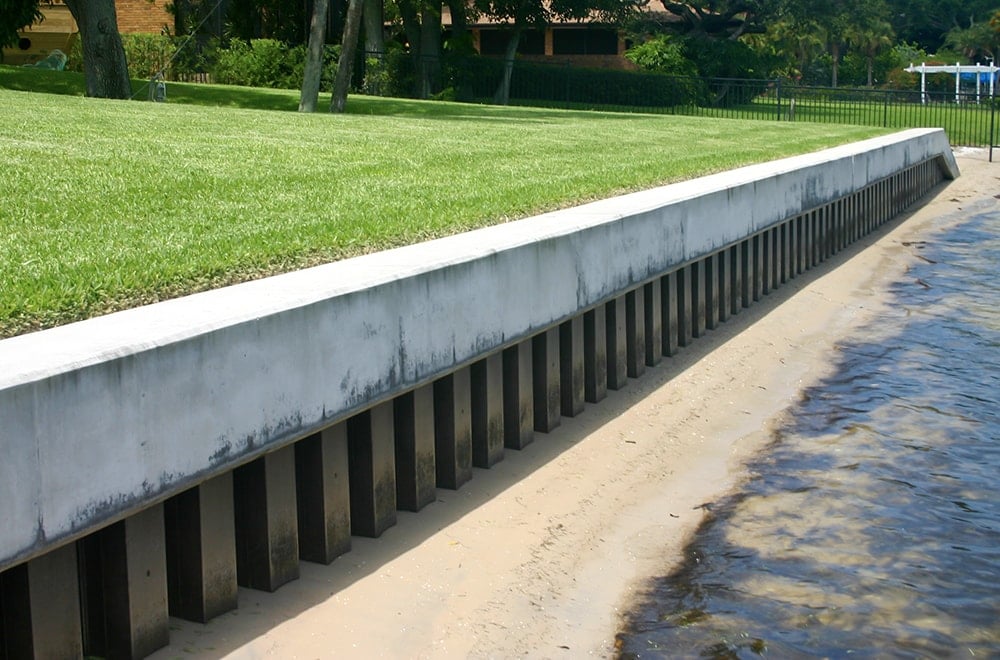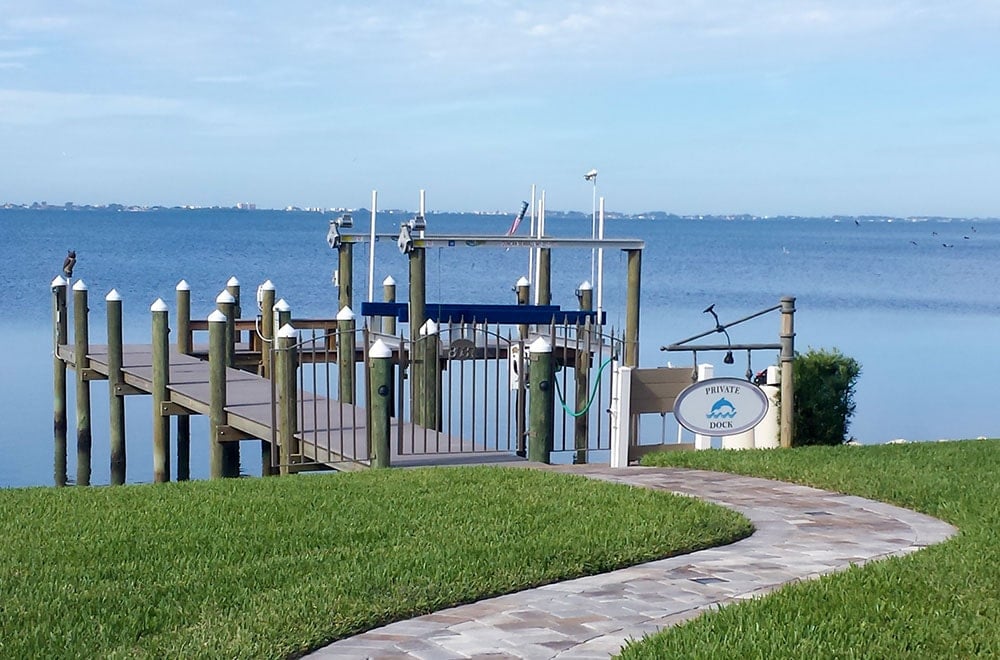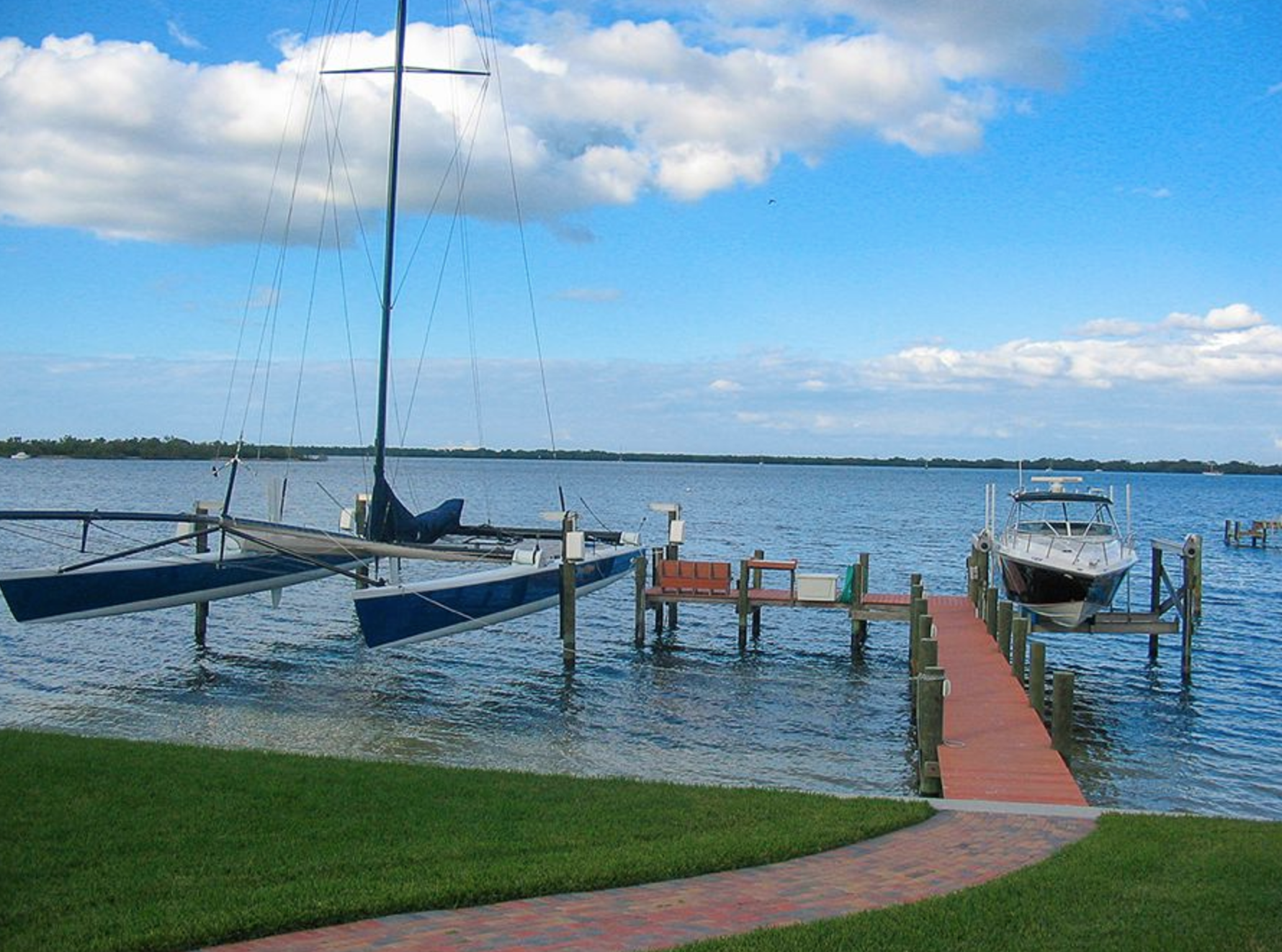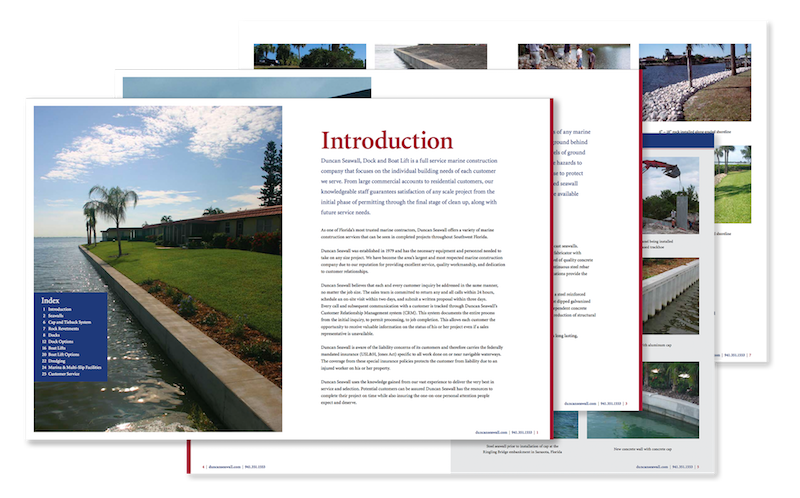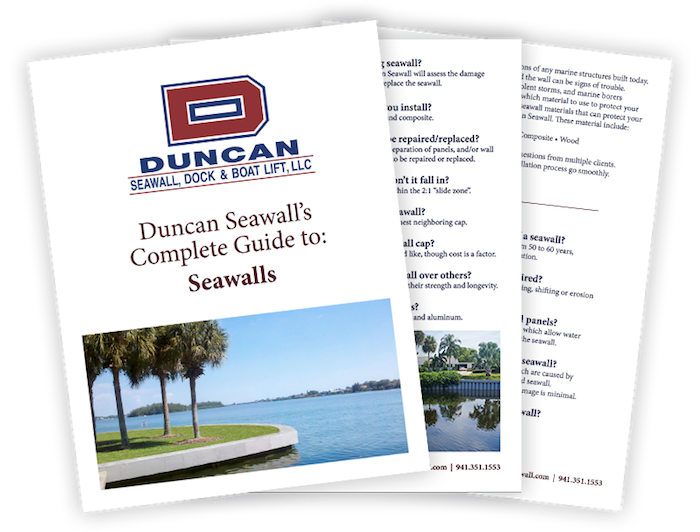Learning the best boating safety practices is as crucial as the boat-buying process. Despite boating being fun and relaxing for your brain, it can be a dangerous activity, especially when you have no experience with the waters.
Related Blog: Boating Tips: Best Ways to Secure Your Boat to Your Dock
But like any other beginner, you might develop some bit of anxiety about trying out your first trip on the water. That's why we have come up with top boating tips for beginners. And if you are an experienced boater, it is worth it to refresh and look at some of a few essential safety tips.
1. Conducting Vessel Checks
Even with the most experienced boaters, the first rule is to ensure that your vessel has the right safety equipment on board. Consider checking the proper functionality of navigation lights, horn, condition of all deck fittings, flares, life jackets, and ensuring your first aid kit is fully packed.
2. Life Jacket Is Not an Option
It is crucial and a must for all boaters to wear life jackets at all times. A life jacket plays a significant role in safe boating for motorized and non-motorized boats. According to the United States Coast Guard's report, 9 out of 10 drownings are caused by boaters not wearing life jackets. Ensure that your life jackets are adequately sized, serviceable, and well fastened for each crew member.
Despite regulations for wearing and not wearing life jackets varying from one state to another, the National Safe Boating Council (NSBC) emphasizes and encourages boaters to put on life jackets.
3. Ensure You Understand and are Educated
Having an excellent safety-equipped vessel is not enough to get you sailing. Therefore, you need to learn more about water conditions, navigation, various water vessels, and how to handle them.
Even with little boating signage knowledge, connecting with an experienced boater is essential as you familiarize yourself and know more about boating. Joining a nearby boating program or connecting with experienced boaters comes in handy when you need to learn more about different queries that you may have.
4. Plan for the Day's Activities
Before leaving your home, ensure you have decided on what to do on your vessel. It may be deep water fishing, wakeboarding, skiing, snorkeling, or scuba diving. You can also discuss with your crew members to suggest some of the critical events of the day. That will make it easy to gear up your boat with accessories you might need during the activities.
5. Involve Everybody on Board
You can't serve two masters at the same time. Involving each member in a task to handle gives you humble time in the waters. Remember, it can be a burden to keep everyone entertained and make sure that everything is in place all on your own. Ensure that all members understand and are well educated about rules and regulations in a boat. In addition, boating together can be fun as it gives crewmates time to bond and a sense of teamwork.
6. Slow Down When Docking
Motor-powered boats have inertia and momentum forces whenever they are or have been in motion. Therefore, it means you need to be careful when float docking, primarily when you have a tightly docked harbor. It is easier to navigate your boat at lower speeds, giving you minor damage if a rub or heavy waves happens. Always do small maneuvers to avoid a collision at the dock.
7. Keep an Eye On the Weather
Nothing is ever challenging in water like rough weather, and you don't wish to get caught up in such situations, especially if you are a rookie. However, you can easily manage the case when you learn and understand various conditions and forecasts.
If it is your first time on water, ensure you properly understand the local weather. By that, I mean knowing the current NOAA condition of the water body you are about to sail on. Remember to check the day's forecast for the whole period expected to be on the water. Keep an eye on the sky and various rising pressures that might affect sudden weather changes.
By putting all the above tips into action, you are guaranteed successful and responsible boating. Meanwhile, Duncan Seawall, offers you a helping hand when it comes to marine construction. Our service dates back to 1979, serving residential and commercial waterfront projects across the Florida coastline. Contact us now or browse through our service page to explore and discover how else we can help you.



